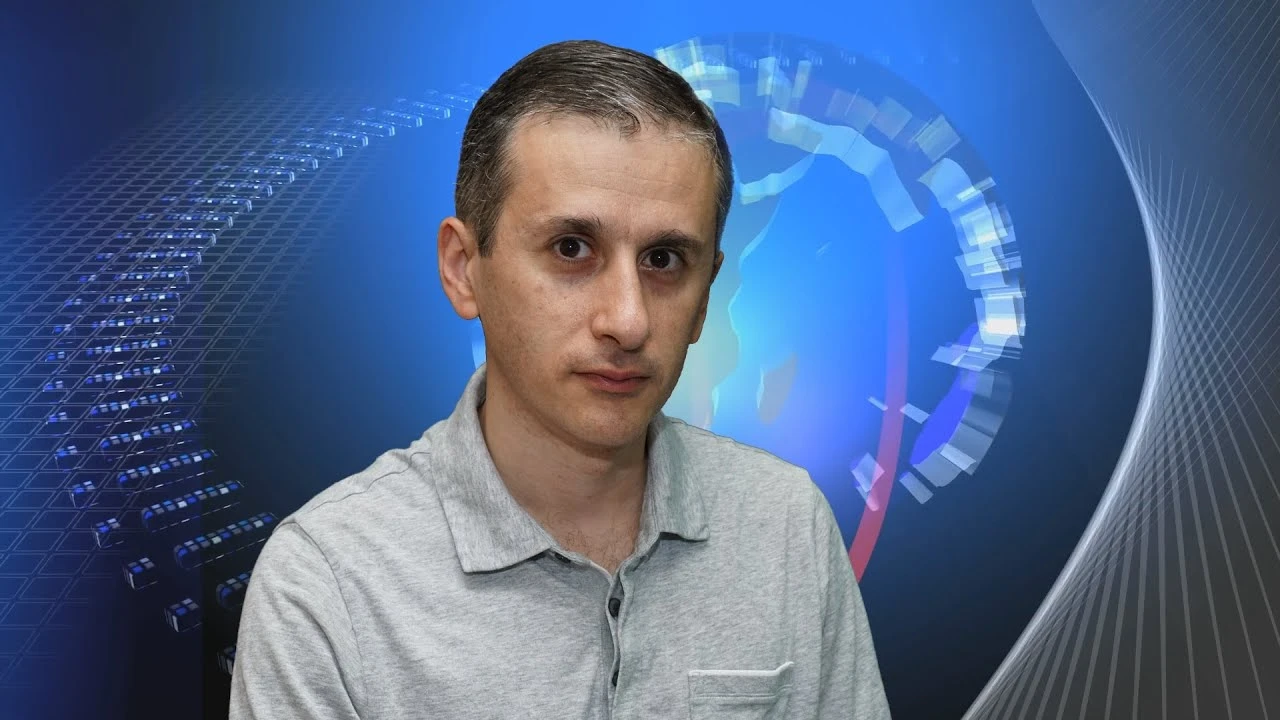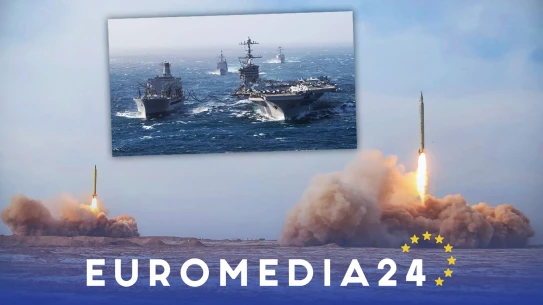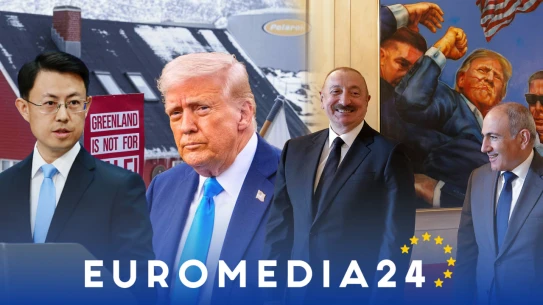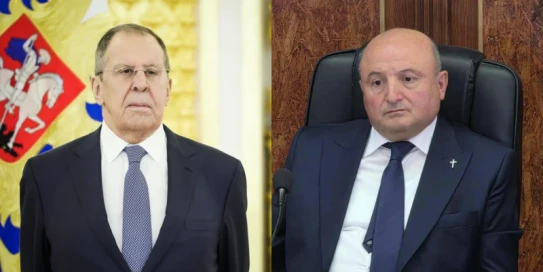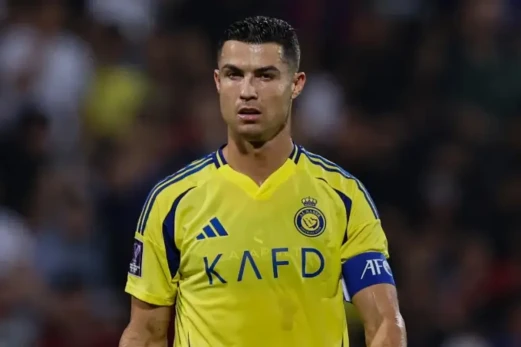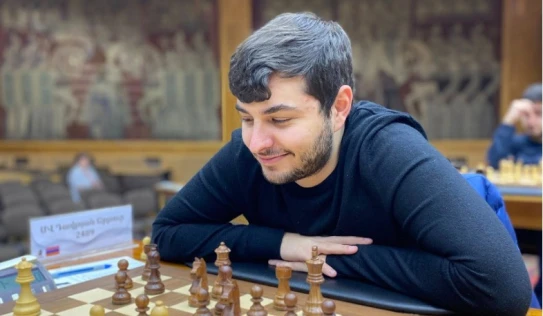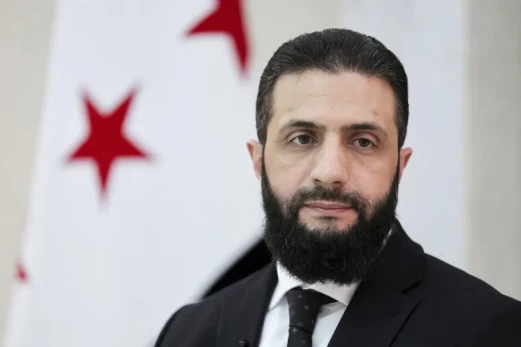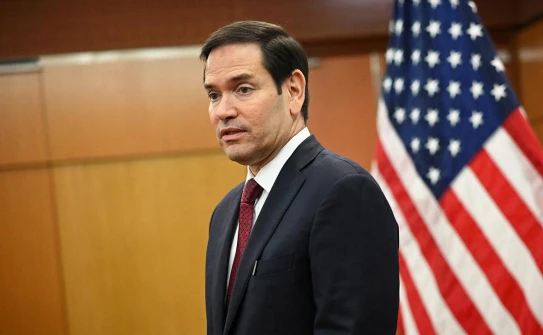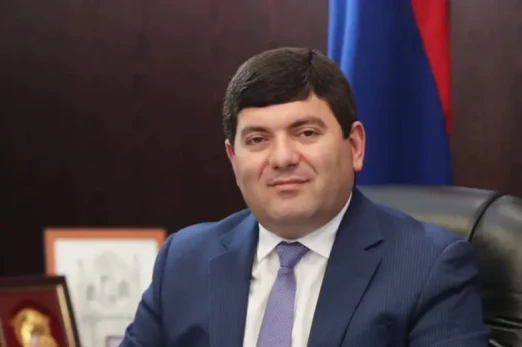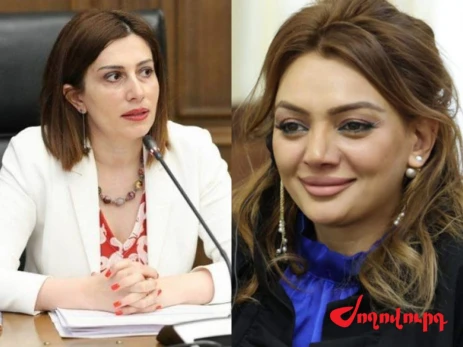"Fact" daily writes:
During the discussion of the 2025 budget project in the National Assembly, Minister of Foreign Affairs Ararat Mirzoyan, responding to the question of Armenia faction MP Armen Rustamyan, stated that the Nagorno-Karabakh issue and the recognition of the Armenian Genocide are not on the agenda of their government.
Head of the "Luys" information-analytical center Hayk Ayvazyan, referring to the topic, recalls the opinion expressed by Toivo Klaar, the EU's special representative in the South Caucasus, on March 1 of this year.
"He said that in terms of regional communications and the region in general, in addition to the EU, they also see the leadership of Turkey. Russia, as a mediator, will no longer exist as such from the end of 2022.
The European Union is the mediator. Its so-called "civilian" observers are in Armenia with a high status accepted by the National Assembly.
Countries that represent not only the EU, but also other NATO member states are included. Tomorrow, Turkey may want to be an observer, if Canada is there, why can't Turkey be?
The Armenian authorities have adopted the way of refusing the mediation of Russia and solving the issues through the mediation of the West and the EU, and they see the leadership of Turkey as their representative.
In this case, you cannot declare your "superior" a criminal or take steps that will prove the fact that your "superior" is a criminal. Genocide is a serious charge, a crime under international law.
If they mean "superior" to Turkey, then, of course, such accusations cannot be presented to it," said Ayvazyan in an interview with "Past".
Because of such statements by the authorities, doesn't the Republic of Armenia reach a certain point of irreversibility, when in the event of a change of power, no one will be able to change anything anymore?
"I can't say whether we have reached it or not, but we can. Let's imagine a situation when these authorities start to improve relations with Turkey, and what Mirzoyan said is based on that.
And Armenia will sign under it. The next government will get this in the form of a clear commitment. This is not just a statement or wish of a bureaucrat, but a document.
Refusal to do so will mean spoiling relations and creating risks for Armenia. I do not envy the next authorities, on whom a serious burden will be placed, whether they like it or not, they will have to take into account the realities that will be.
In such a situation, it will be possible to "bring back" something or change the situation only by changing the balance of power.
Something has to happen that will change the balance of power, our power will increase, and we will be able to reverse all or part of what happened.
If documents are signed, it is very difficult, practically impossible, if the balance of power does not change. We have already reached the point of irreversibility in the matter of Artsakh.
Theoretically, some things are preserved, but there is no answer as to what the process should be in the foreseeable future," our interlocutor notes.
Meeting in "3+3" format, discussions within the BRICS summit. What results to expect from these meetings?
Ayvazyan believes that having results depends on the desire of the authorities, in general, and the desire to implement concrete steps, in particular.
"You can go, utter some beautiful words, but if there are no steps after that, it will not do any good.
Western pressure on Armenia is too great. BRICS is one of the foundations for building a multipolar world, a platform where states that want to have their place in that multipolar world gather and hold discussions. For now, it is discussing on the basis of general principles, that is, it is not a statutory organization, but institutes will be created in the future.
It is important to understand that the economy cannot be separated from the rest. To put it simply, if Armenia chooses the next path of becoming an "anti-Russia" project, if it crosses that border, what economic advantages can we talk about on the part of Russia?
A few months ago, Russian Deputy Prime Minister Overchuk said about it: the advantages you get are in return for Russia getting strategic depth through you.
If that depth is not provided, then the meaning of granting privileges is lost," he emphasizes.
The authorities often suggest not to "mix" membership in EAEU and CSTO. "They have no opportunity to maneuver, it is not allowed to them.
Why doesn't the West take drastic measures now? Imagine if Armenia left the CSTO, first of all, there is no guarantee that they will not convince Azerbaijan to join the CSTO.
In that case, the CSTO did not leave the region, it simply deviated several hundred kilometers from Armenia to Azerbaijan.
Or, now they call France a friend of Armenia. If Armenia left CSTO and that security system completely collapsed, France will not be able to replace that security system.
The "Friendly France" bubble will burst," adds the head of the "Luys" information and analytical center. He emphasizes that the further course of events depends on the balance of forces.
"A few months ago, they were talking about hitting the depths of Russia with long-range missiles, but after Russia changed its nuclear doctrine, they abandoned that idea.
Of course, this change was mainly intended for the Ukrainian front, but it also affects the United States' non-crossing of certain red lines in other regions, that is, it has repercussions elsewhere.
Then there were elections in Georgia, the force that supported the "anti-Russia" project was not elected.
The combination of all this for now allows Armenia not to enter the stage of final decline. So far there is no drastic pressure from the West.
Suppose, at some point, Russia made even a slight retreat or conceded positions, the West will immediately tell Armenia to take action right now. Everything depends on the balance of power between the "greats".
If Russia achieves the fulfillment of its demands for security guarantees, which it presented in the form of two documents in December 2021, it is essentially about the following: NATO must stop its activities in the post-Soviet space, then in this case, which government be it in Armenia, it will naturally start leaning towards Russia and BRICS.
If such a drastic, historical change took place, the United States will say: we have agreed, we are ceding the territory that fell to the Soviet Union after 1965, and Russia is the successor of the USSR.
Giving in doesn't mean ending the relationship. This, at the same time, does not mean that in our case, if this government remains, it will be able to make the best use of the opportunities that the new multipolar world will provide for the benefit of our people.
They may not be able to use it, including at least partially recovering what they lost, or they may not want to use it.
Under these authorities, Armenia is unlikely to achieve serious successes, if not to say, on the contrary, it may achieve new losses.
I think Russia will not force anything, the important thing is that there are no threats to it strategically.
If tomorrow our people decide that they want to see a good friend in the face of Russia, Russia will extend its helping hand even more. There must be a conscious choice.
Come now, force something, but nothing will change, and the people will say: if you didn't force me, I would live a better life.
He had that experience on the example of the post-Soviet area. Hayk Ayvazyan concludes, "He gave everything to everyone, got him up, and then they turned against him."
Lusine Arakelyan
















